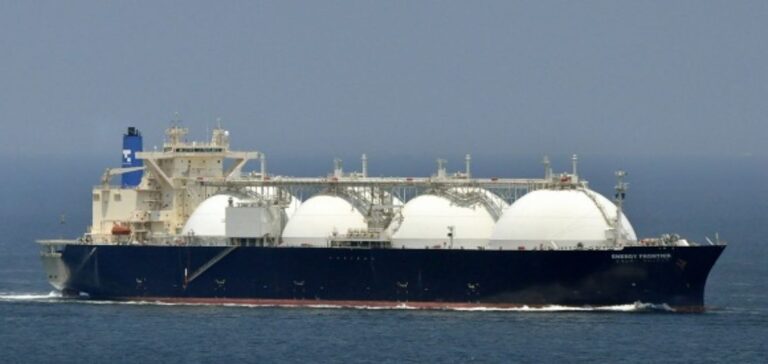European natural gas prices soared on Tuesday. It closed at 43 euros after a close to 45 euros. Growing concerns about a strike in Australia drove this increase. The strike could disrupt the country’s supply of liquefied natural gas.
LNG strike in Australia threatens global supply
The Dutch TTF futures contract, considered the European benchmark, rose by 5.43% to 43 euros per megawatt-hour (MWh). The increase came shortly after it reached 44.80 euros per MWh, marking its highest level since mid-June.
“LNG workers at a key Australian facility could go on strike from early September if a wage agreement is not reached,” recalls Jim Reid, analyst at Deutsche Bank.
This weekend, Woodside union members voted in favor of a strike. This concerns their unsatisfied demands at the last negotiation meeting scheduled for Wednesday.
“It’s time for Woodside’s workforce to receive its fair share of the profits it generates for shareholders,” the Offshore Alliance union said Tuesday in a post on its Facebook page, asserting that its members were “ready to take action.”
The Australian gas facilities affected by the potential strike alone supply over 10% of the world’s LNG every month.
Irrational rise in European gas prices and uncertainties on the oil market
This sharp rise in European natural gas prices is “irrational” and a “clear sign of market fragility”, asserted Woodside CEO Meg O’Neill, according to the Financial Times.
Oil, for its part, fell back slightly on Tuesday on fears about Chinese demand, alleviated by OPEC+ production cuts. Brent North Sea crude for October delivery lost 0.50% to $84.03. Its U.S. equivalent, West Texas Intermediate (WTI) for September delivery, was down 0.33% on its last day of trading.
“Concerns about the Chinese economy and its effects on global demand continue to weigh on the market, but reduced production from Russia and Saudi Arabia is managing to offset this for the time being,” explain analysts at Energi Danmark.
For Oanda’s Edward Moya, “there’s a lot of uncertainty and nobody wants to take extreme positions”. “We’re uncertain about China and uncertain about whether the economic slowdown will hit the US or not,” added the analyst interviewed by AFP.






















